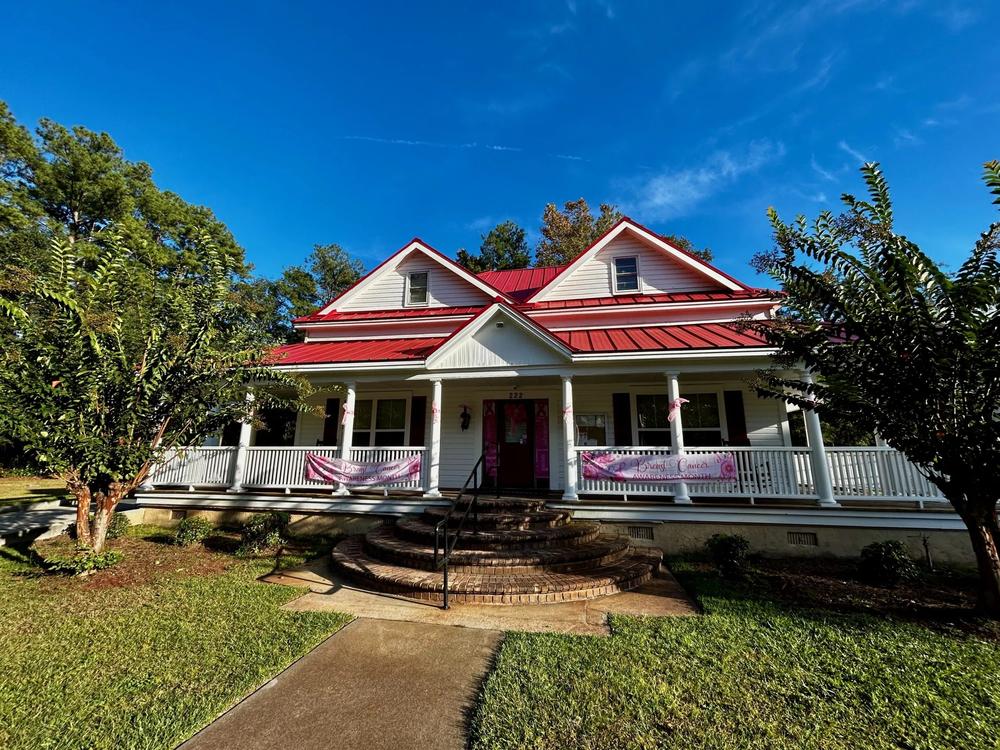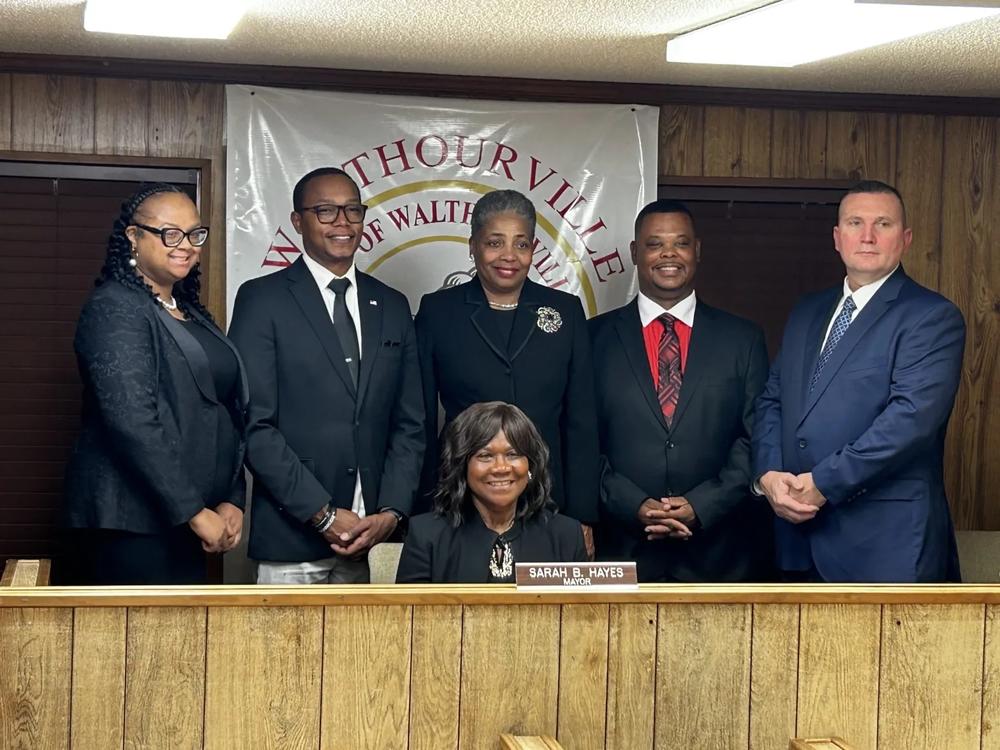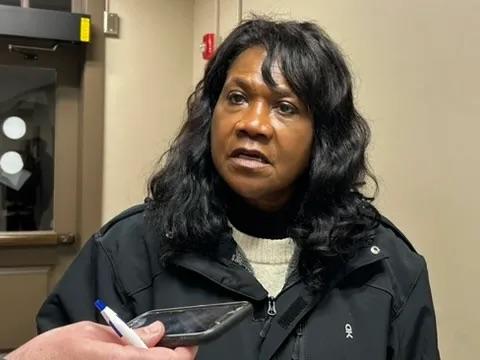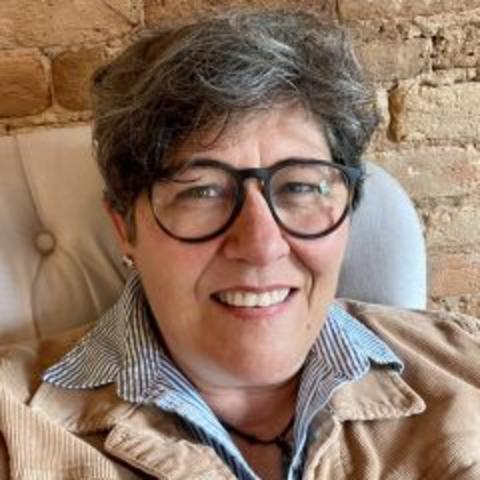
Section Branding
Header Content
Walthourville takes first steps toward property tax
Primary Content

Robin Kemp, The Current
The Walthourville City Council voted at a March 18 called meeting to advertise its first-ever property tax, the next step toward approving the new levy. The tax would not go into effect this year.
By law, Georgia governing bodies must advertise the proposed millage rate at least 7 days before the meeting where the millage rate is passed, both through a public notice in the county legal organ (the newspaper contracted with the county to publish such notices) and on the website of that city, county, or government entity. It also shall issue a press release to local news media outlets.
The proposal is for a 15-mil tax, meaning that property owners in the City of Walthourville would pay $15 for every $1,000 of their property’s assessed value. A mil is 1/1,000 of a dollar, which is smaller than a percent (1/100 of a dollar).
For example, if a house is valued at $100,000 for tax purposes by the Liberty County tax assessor’s office, its assessed (taxed) value is only 40% of that amount, or $40,000. That means the owner of that $100,000 house would pay 0.015 x 40,000, which equals $600 in annual city property tax. The meeting lasted just over two minutes and without comment by the mayor or council members, and was streamed live on the city’s Facebook page.
No other business was on the agenda.
The prospect of a millage rate drew criticism from some citizens at unofficial informational town halls and council meetings after a Georgia Municipal Association representative told the council in October 2023 that it had to take action to keep the city from losing its charter.
Last month, the council voted to approve a monthly fire fee of $31.60 through the end of this year. That fee goes only to the Walthourville Fire Department. However, city officials said, it frees up money in the General Fund that otherwise would have gone to the fire department.

Residents should see the first fire fee on this month’s water bill.
The council also says it expects to raise sanitation fees as it explores privatizing that department.
Councilman Mitchell Boston, who has been studying the city’s finances, has said the city should “get out of the sanitation business” because it does not bring in enough customer payments to offset the cost of bringing solid waste to the county dump.

Mayor Sarah B. Hayes, who served on the previous city council and ran because she said she wants to get the city back on track, stated after winning the November election, “It’s not about me, I don’t need a dime from the city. I’m very comfortable. I’m doing this for the love of the city and the citizens. What they stated about the millage rate is ‘How did we get this way? We had a surplus in the beginning.’ Now I went back and I looked at that. We were operating on a surplus. [Former] Mayor [Daisy] Pray, when she left, there was a surplus of money. But, from 2017 from my research, that surplus had dwindled down because, as you know, we don’t have taxes or any additional sources of income. We have our water and our sewer. So when your bills outweigh your resources, you have a problem. And that’s what happened.”
This story comes to GPB through a reporting partnership with The Current.


